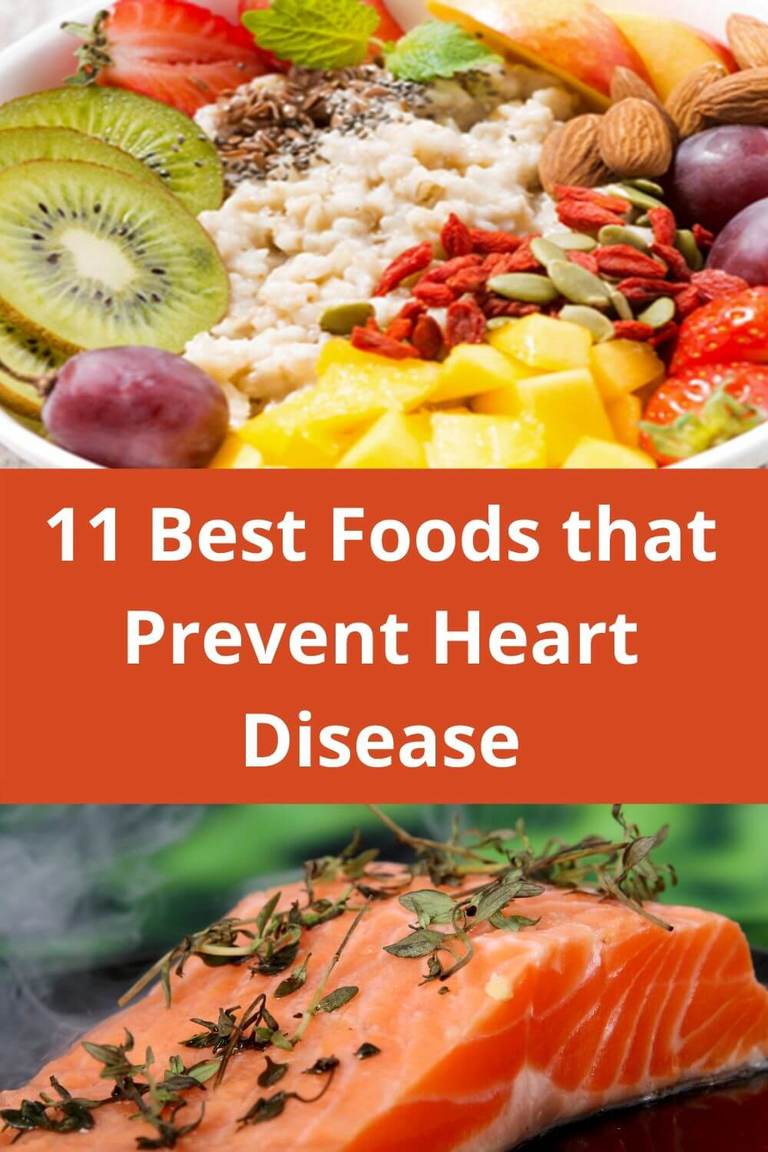Healthy Foods to Prevent Heart Disease Risk

The Importance of a Heart-Healthy Diet
A heart-healthy diet is important for preventing heart disease because it helps to lower your blood pressure, cholesterol, and triglycerides, which are all risk factors for heart disease. It also helps to maintain a healthy weight, which is important because being overweight or obese increases your risk of heart disease.
What to Include in Your Diet
Here are some healthy foods to include in your diet to help prevent heart disease:
Fruits and Vegetables
Fruits and vegetables are rich in vitamins, minerals, antioxidants, and fiber, which all have heart-protective benefits. Aim for at least 5 servings of fruits and vegetables per day.
Whole Grains
Whole grains like brown rice, whole wheat bread, and quinoa are rich in fiber and other nutrients that can help lower your cholesterol and blood pressure.
Lean Protein
Choose lean protein sources like skinless chicken or turkey, fish, beans, and lentils. These are all low in saturated fat, which can help lower your cholesterol.
Healthy Fats
Include healthy fats like nuts, seeds, avocado, and olive oil in your diet. These fats can help lower your cholesterol and reduce inflammation in your body.
Foods to Limit
Avoid or limit your intake of foods that are high in saturated and trans fats, cholesterol, and salt. These include processed foods, fried foods, fatty meats, and full-fat dairy products.
Benefits of a Heart-Healthy Diet
Following a heart-healthy diet can have many benefits beyond reducing your risk of heart disease. It can also help you maintain a healthy weight, improve your digestion, boost your energy levels, and reduce your risk of other chronic diseases like diabetes and cancer.
Drawbacks of a Heart-Healthy Diet
One potential drawback of a heart-healthy diet is that it can be more expensive and time-consuming to prepare than a typical Western diet. It may also require you to make significant changes to your eating habits, which can be challenging for some people.
Conclusion
Eating a heart-healthy diet is one of the most effective ways to prevent heart disease and promote overall health and well-being. By including plenty of fruits, vegetables, whole grains, lean protein, and healthy fats in your diet, and limiting your intake of unhealthy foods, you can reduce your risk of heart disease and enjoy a healthier, happier life.
FAQ
Q: How much salt should I be consuming?
A: The American Heart Association recommends no more than 2,300 milligrams (mg) of sodium per day, with an ideal limit of no more than 1,500 mg per day for most adults.
Q: Are all fats bad for my heart?
A: No, not all fats are bad for your heart. Healthy fats like those found in nuts, seeds, avocado, and olive oil can actually help protect your heart.
Q: Can I still eat meat on a heart-healthy diet?
A: Yes, you can still eat meat on a heart-healthy diet, but you should choose lean cuts of meat and limit your intake to no more than 6 ounces per day.
Q: Can I cheat on my heart-healthy diet?
A: While it's okay to indulge in unhealthy foods occasionally, it's important to make healthy eating a consistent habit in order to reap the benefits for your heart and overall health.
